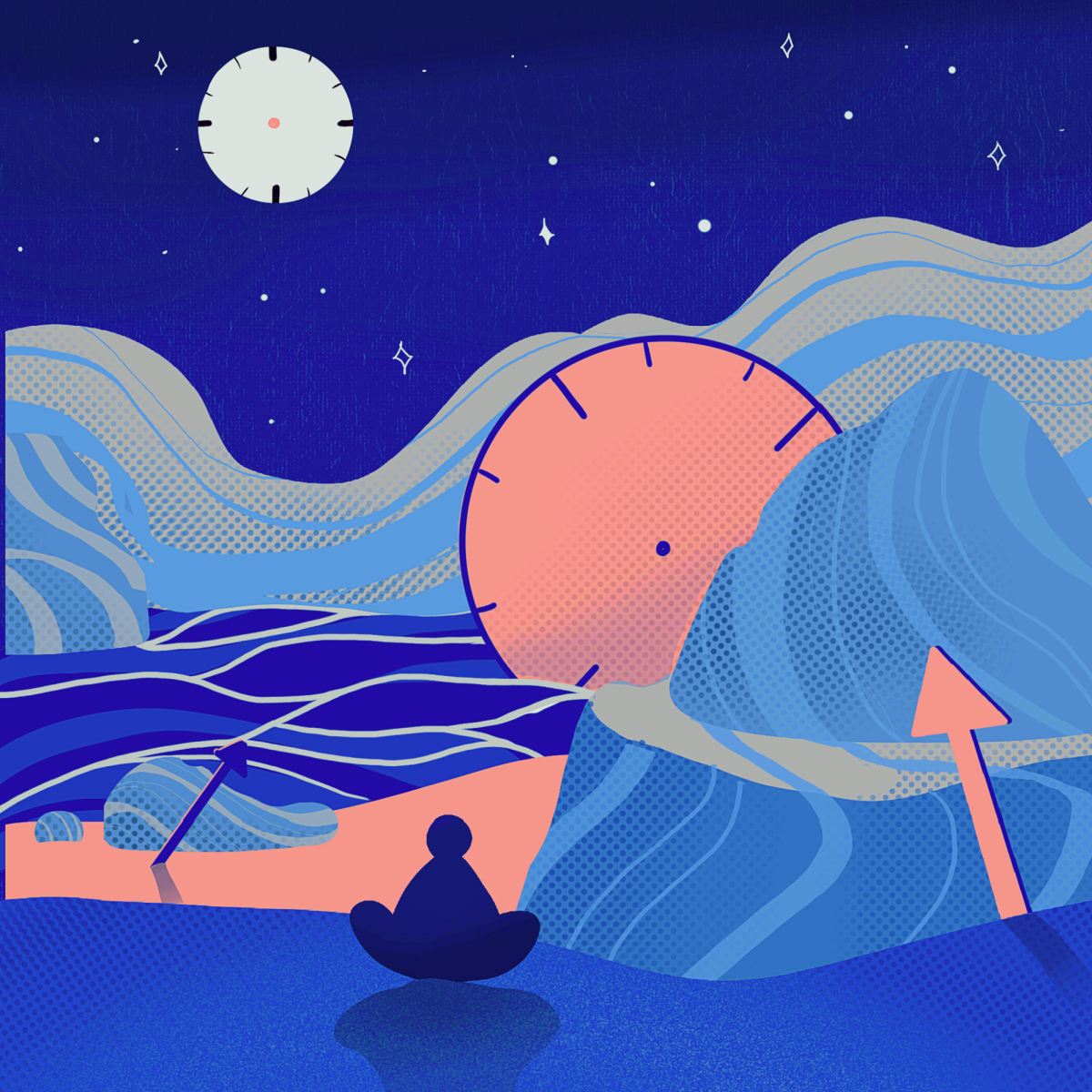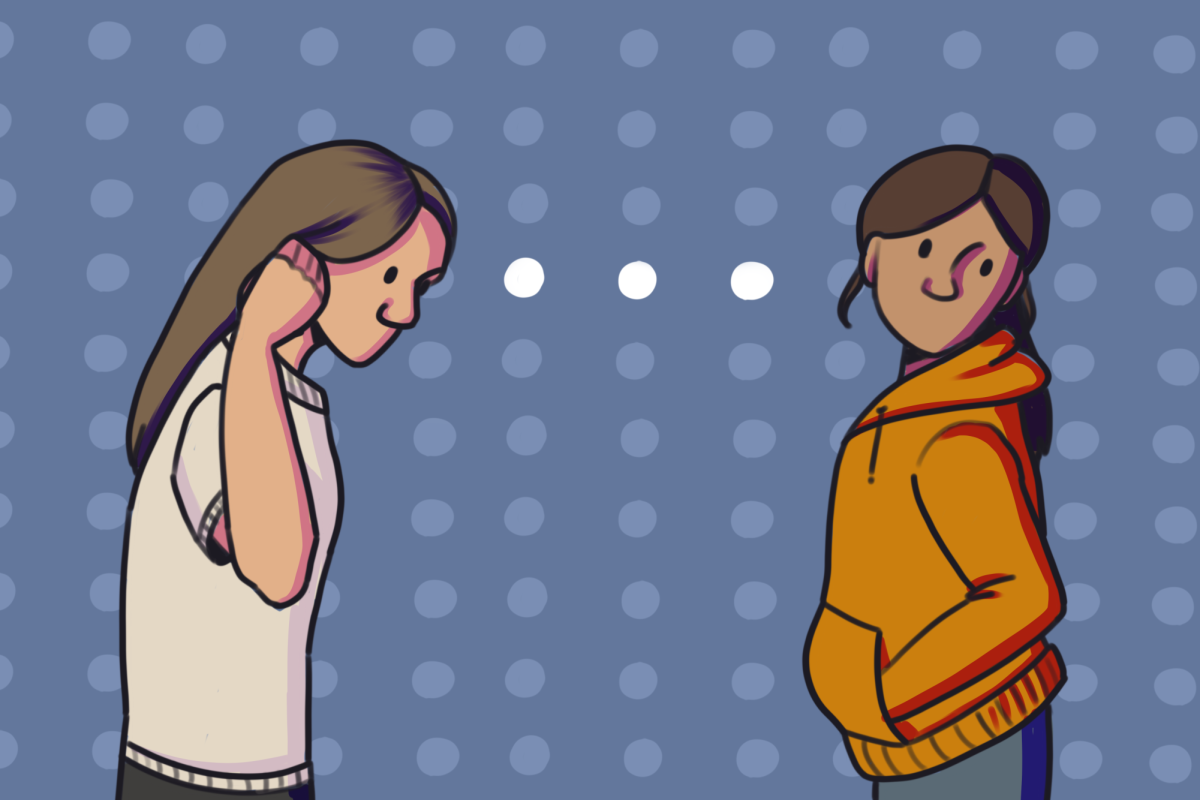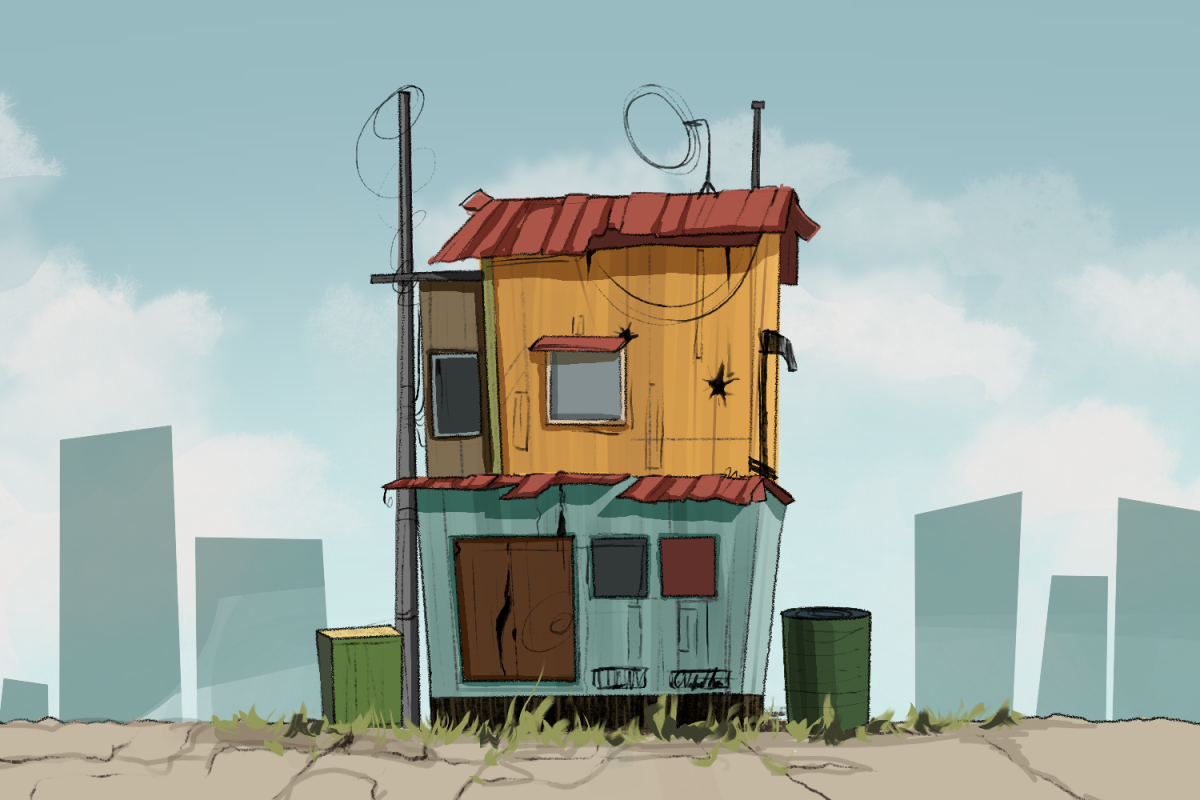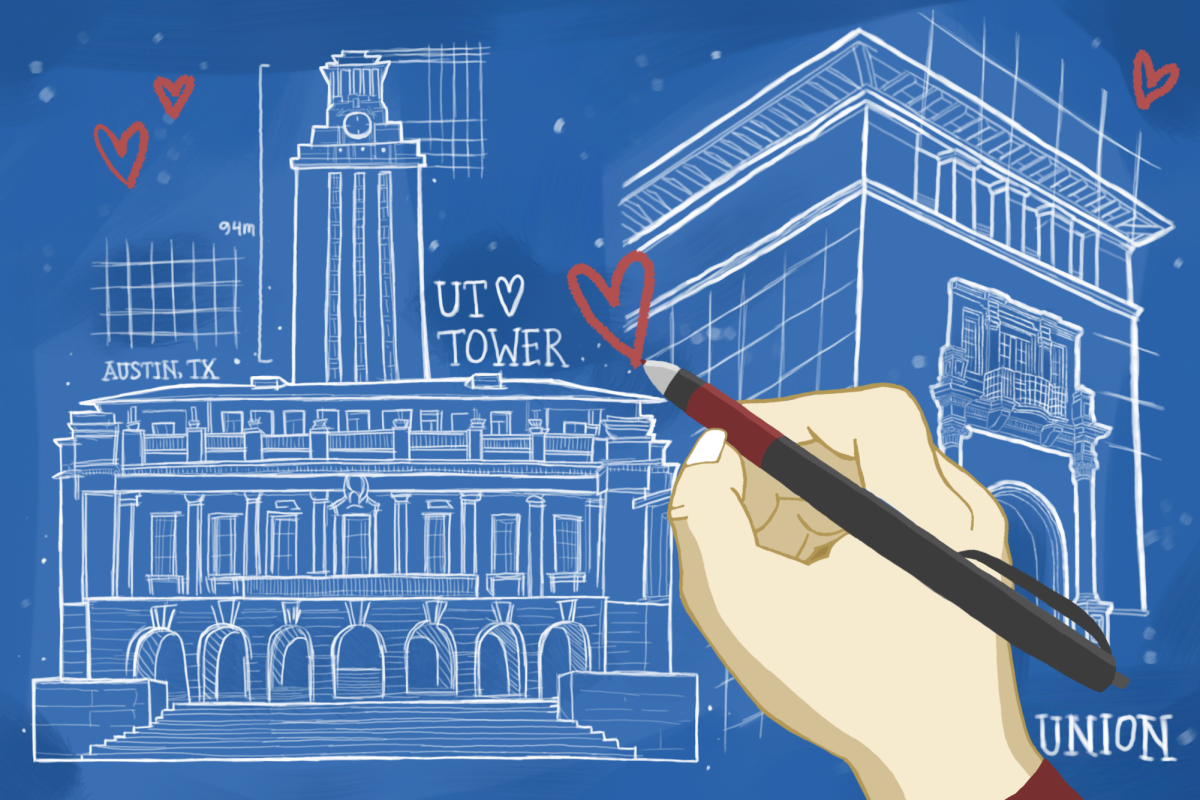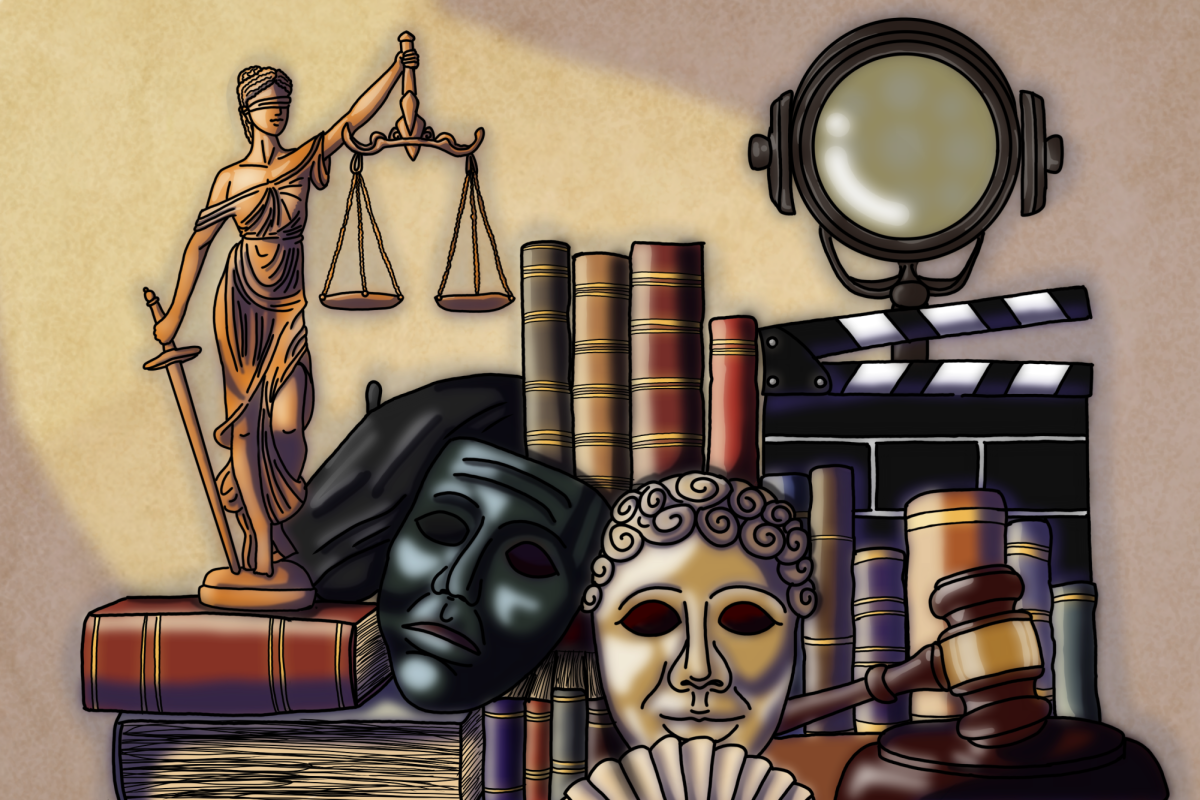When you open a history book, the legacies you read about are ones of importance or notoriety. The heroes of the past created change that shaped the world as we know it, and many of their impacts continue to improve lives long after they’re gone. As I tried to figure out what to do with my life, I knew I also wanted to make an impact in the world, and my impressionable mind looked at those examples as a roadmap.
In the following years, I began to see change as something massive. To me, leaving a mark on the world was denoted by a legacy, and to earn one, your impact had to be global. However, as time passed, this mindset began to take a toll on me.
On my first day of college, I was beyond overwhelmed. I had jumped into studying journalism, and apart from a standalone article for my high school paper and my love for reading news, it was a world apart from any experience I had.
Naturally, I turned to what I always did to combat stress — I booked myself completely. I scoured tables on Speedway for outlets to write for and began budgeting my time to see just how much I could cram into each week. Despite my commitment to filling my schedule with activities to replace other stressors, I rarely felt like I was doing something worth remembering.
The problem was that my goal was to do something so impactful, so meaningful, that it was recognized by anyone and everyone. I wanted to do something I enjoyed, but more than anything, I wanted to leave this planet better than I found it. That’s a healthy goal, but it’s broad, and when you lack direction, it can become all-consuming.
For many UT students, there’s a similar drive. After all, our motto is “What starts here changes the world.” It’s only expected that many would want to do just that.
Yet, for a lot of us, it can feel impossible. I felt for a long time like trying to “make a difference” or “leave my mark” was a lost cause. It was as though if I wasn’t working every moment of the day or dedicating myself to something that produced a result, I was wasting my time.
In recent months, I’ve realized the opposite is true. We have to take time for ourselves while we have the opportunity. The future and the present are intertwined, and if we neglect one for the other, we’ll never get to where we want to be. By reaching too far into the distance, it’s easy to become overwhelmed and feel unsuccessful, but by focusing on what we can control in the moment, we can make positive change in the communities closest to us.
Following this realization, I’ve begun to reanalyze the idea of a legacy. It’s such a broad word filled with promise. It elicits the notion that in order for an impact to be meaningful, it must be global and memorialized, not local and consequential. In reality, we can make the biggest impact in our communities without intending to permanently change the world. If we focus on what brings us joy in our environments and how we can better our communities, we can improve the world one piece at a time.
It’s not about some overarching plan to alter the state of the world – that’s unrealistic. Instead, we have to toss out the conventional idea of legacy and replace it with a dedication to impact. For those of us who want to “change the world,” often what we really want is to help people. When I narrowed the lens, I was able to invest my time in things that both made me happy and achieved my goals. For me, it was through journalism, voter registration and election education that I began to feel as though I was making the right choices.
By focusing locally, we can take pressure off of ourselves and ensure we enjoy the fleeting moments college affords us before it’s too late. At the same time, we produce tangible results that improve the lives of those around us.
When the world seems too broad, narrow the scope. It can be hard to reckon with our limitations at this stage in life, but a small impact at first is immeasurably better than no impact at all. By improving our local communities, we leave a legacy of action, and that’s something actually worth remembering.
Doud is a Journalism and Government freshman from Conroe, TX.

